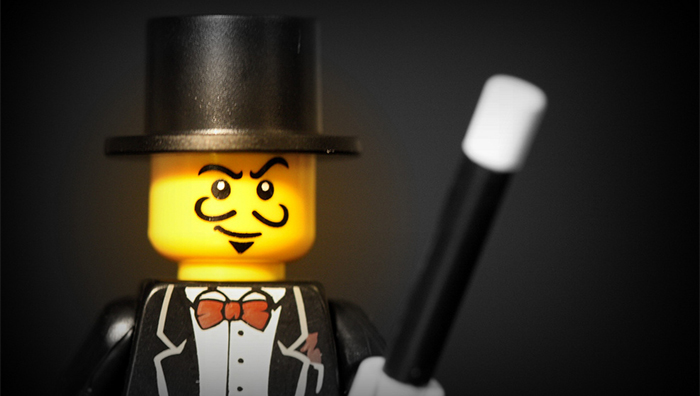Welcome to the future. We may be short on flying cars, robot maids and moon bases, but nonetheless digital technologies have become part of (nearly) everyone’s daily lives. However, our everyday experiences with digital technologies are evolving to be less magical and more useful.
What were once limited interactions with technology—such as using a bulky desktop computer to access information or programs on a local network—have evolved into digital experiences that offer almost limitless possibilities and instant access to information, services and our friends anytime from nearly anywhere on the planet (and beyond).
Our workplace, schools and coffee shops may have been where ‘always-on’ connectivity first emerged, but advances in mobile devices, connectivity, and sensors have led to an explosion of useful applications for use in our homes, cars and… well, anywhere we happen to be at that given moment.
Smartphones may have done more than any other technology to accelerate this trend by packing dozens of devices including GPS, digital cameras, calculators, alarm clocks, wristwatches, ereaders, audio/video recorders, and music players into one compact package that fits neatly into our back pocket or purse. (As an added bonus it actually makes phone calls.)
In 2014 the connected home is a reality. Beyond security systems that can be accessed and controlled from your smartphone, devices such as the Nest smart thermostat have become desired objects and big business. So big in fact, that Nest was purchased by Google for $3.2 billion (yes, that’s billion) just this week.
At this year’s International Consumer Electronics Show in Las Vegas, appliance manufacturers Samsung and LG showcased smart kitchen technologies that can be controlled with simple text messages. Dacor’s Smart Oven uses probes and sensors to cook food at ideal temperatures and then text you when everything is ready.
One of the hottest areas of innovation is wearable technology. Devices such as Fitbit and Nike+ FuelBand track our physical activity throughout the day, while dozens of other companies are creating products with sensors built into hats, shirts, socks and even diapers.
Driverless cars, once the subject of science fiction writers, are a reality thanks to Google. Other manufacturers have followed suit with technologies that can assist in parking, Internet connectivity and even health monitoring. Like our homes and workplaces, our cars can now take their place in our busy connected lives.
It’s been a long time coming, but here at the beginning of 2014 it now seems like digital technology has evolved to a point where almost anything is possible. At Delvinia our bread and butter is crafting experiences that best leverage these digital technologies, while never forgetting the people that use them.
What new or emerging digital technologies are you most looking forward to?
[photo credit Eva Peris/Flickr]
